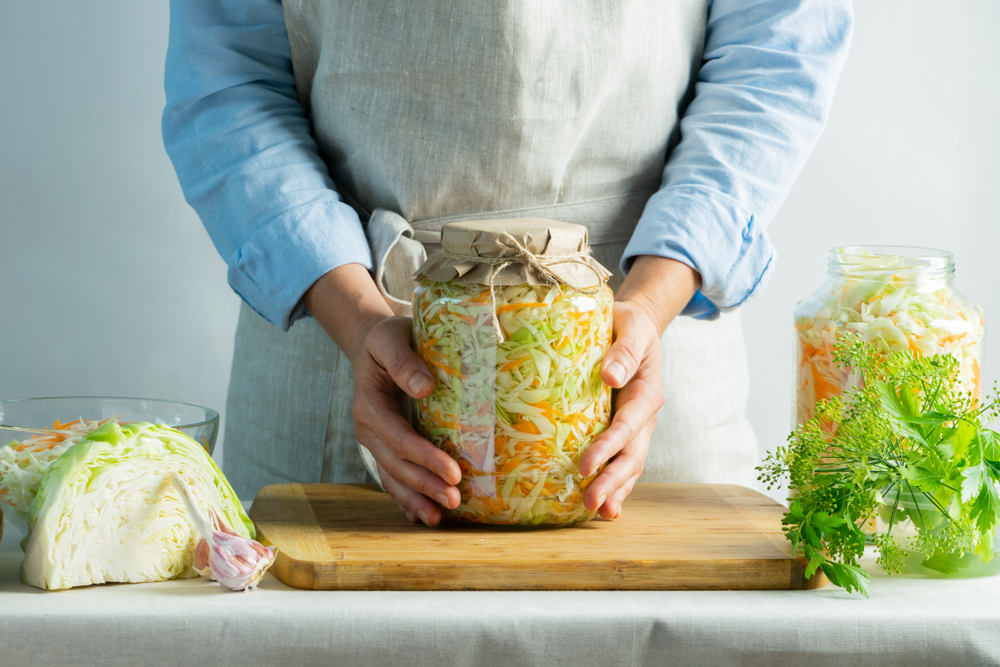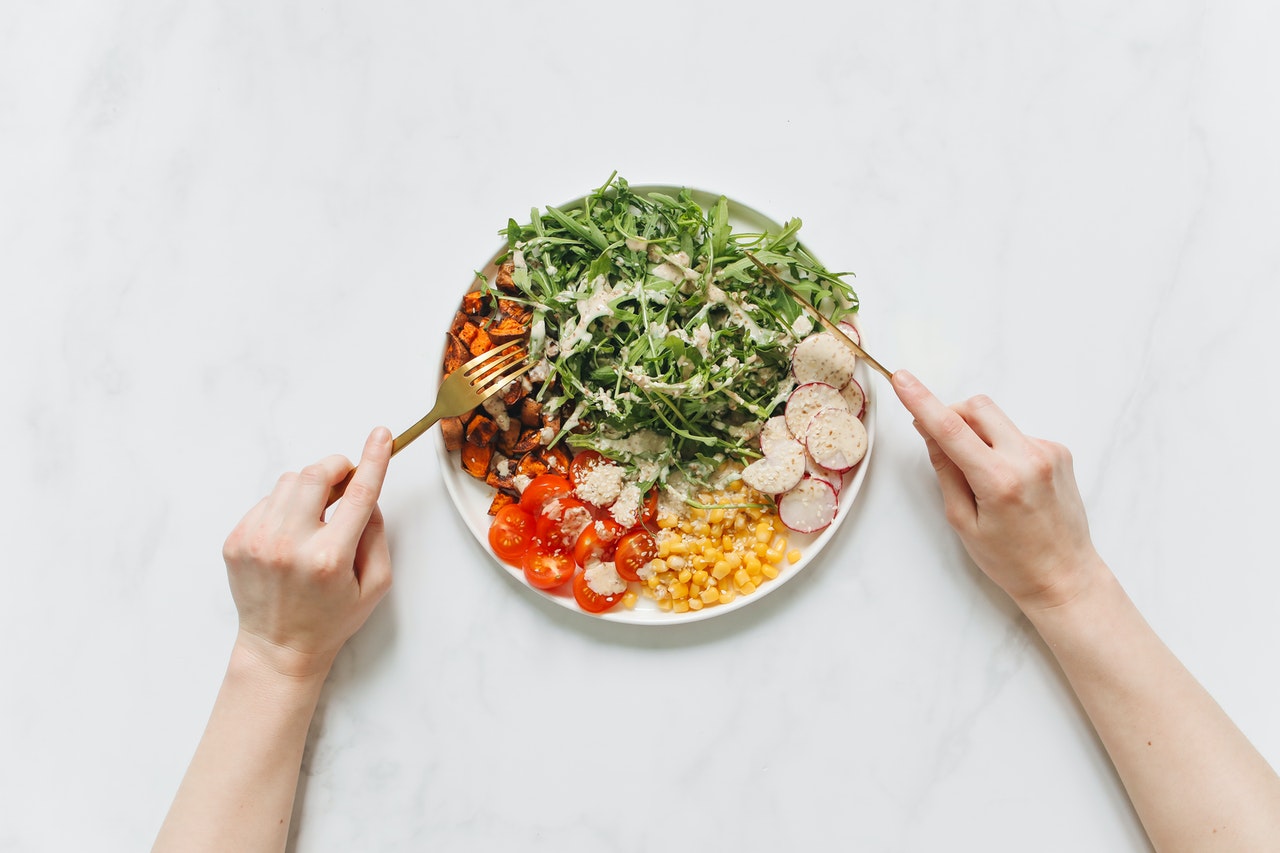The Best Eating Habits For Your Gut Health, Say Dietitians


It seems more research is coming out every day on the importance of gut health to the overall health of the body. These are some of the basics regarding the best eating habits for a healthy gut.
What Is Gut Health?
Everyone experiences occasional digestive symptoms such as upset stomach, gas, heartburn, nausea, constipation, or diarrhea. These discomforts may be caused by infection, bad food, personal stress, chronic inflammation, or a physical ailment that is affecting the gut.
The billions of good organisms in the gut can be thrown out of balance by bad organisms, causing unhealthy symptoms. Eating foods that support the good organisms can help to maintain the health of not only your gut but also your entire body. These microorganisms and their relationships are called our microbiome. The microbiome must stay in balance to function properly in the digestion and absorption of the nutrients from the food we eat.
A 2021 study looked at two dietary protocols, plant-based fiber, and fermented foods, to determine how they influence the human microbiome and immune system in healthy adults. The high fiber diet increased microbiome carbohydrate enzymes while maintaining microbial diversity. The fermented food diet steadily increased microorganism diversity and decreased inflammatory markers. They concluded that these two diets together are significantly important in maintaining a healthy gut. (1)
Probiotics
Probiotics are living microorganisms that are found naturally in fermented foods and are known as good bacteria. Many of the microorganisms in probiotic products are the same as or similar to microorganisms that naturally live in our bodies. These are organisms such as bacteria and yeasts that help our digestive system by competing for space against harmful bacteria, preventing them from settling in the gut. (2)
Probiotics are found in many fermented foods such as yogurt, miso, kefir, tempeh, and kombucha as well as fermented vegetables such as sauerkraut, kimchi, and pickles.
High fiber foods including beans and legumes such as chickpeas, black beans, kidney beans, and lentils can also act as probiotics. Berries like blueberries, raspberries, blackberries, and strawberries not only contain fiber but also act as antioxidants which help in keeping inflammation under control. This supports a healthy immune system as well as a healthy gut. Add to these avocados, grains, popcorn, dried fruits, nuts, potatoes, and apples and you have a large selection of high fiber foods to add variety to your diet.
Healthy Habits
Eating a lot of processed foods, fried foods, sugary snacks, and drinking heavy amounts of alcohol have been known to negatively alter the gut microbiome. Consider changing your eating habits. Many registered dieticians agree that eating a well-balanced plant-based diet full of variety is the best eating habit you can follow to keep your gut healthy. Eat organically grown fruits and vegetables to keep exposure to agricultural chemicals to a minimum. In addition, organic grains, beans, and dairy products should be included. Drink plenty of pure filtered water, exercise regularly, and get consistent sleep. This lifestyle has been shown to contribute to a healthier gut and immune system. Hormones may also play a role; to learn more about how to avoid hormone hijack, click here.
Sources
- https://www.cell.com/cell/fulltext/S0092-8674(21)00754-6
- https://pubmed.ncbi.nlm.nih.gov/18537636/
- https://www.lauramali.com/









